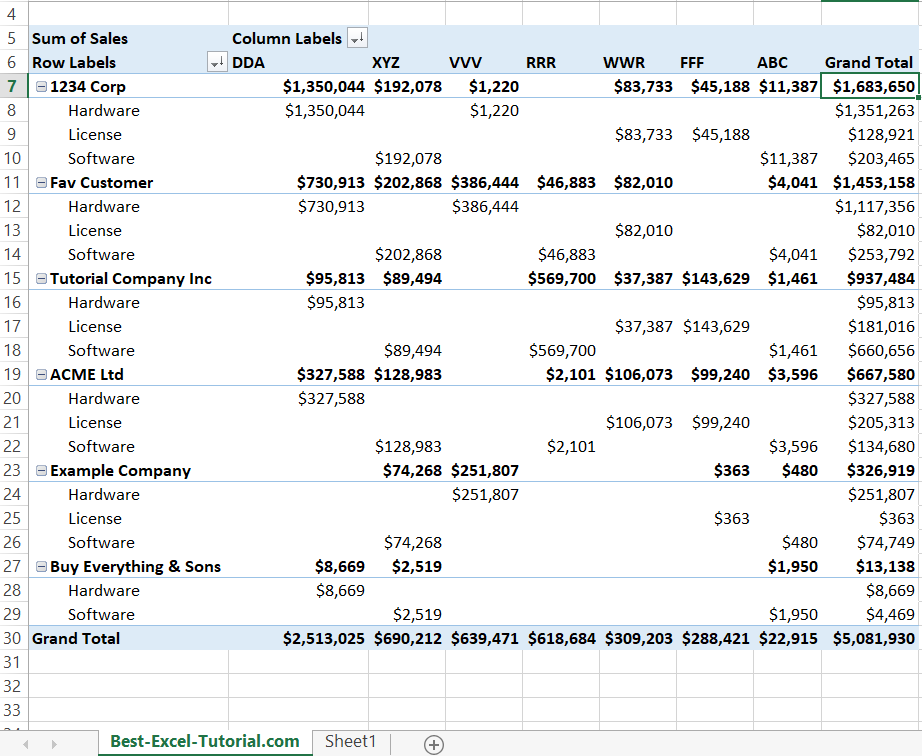Excel for actuaries
In this Excel article, you will find out what a great tool Excel is for actuaries.
Excel is a wonderful tool to create a simple table, write an easy formula, or insert a chart. What if you are not a student anymore and need Excel for your work? Let’s see what Excel can offer actuaries.
Pivot tables for actuaries
In your everyday duties, you will work with big sets of data in Excel. Pivot tables are made for you. Master the pivot tables, satisfy your boss, and save yourself a bunch of time!

Solver add-in
Are you having some complicated calculation in mind? Maybe you need to make a decision based on complex data and are looking for some hints. The Solver add-in is here for you!

Might of Index function
Have you ever heard of the most powerful Excel function?
You probably chose the Vlookup function. You can’t be wrong more. The most powerful function is the Index function. If you don’t know, it’s a good time to catch up.

Future forecast
Excel offers a lot of features for forecasting and actuarial forecasting. Master that to work more efficiently. Forecasting is what you do as an actuary.

See also what the Excel forecast function can offer for you.
Seeing the risk with Excel
Everyday you handle with a risk. Excel helps you calculate it.

Calculating probability
Excel is great at calculating probability. See yourself to calculate how probable your promotion is.

Recording macros
Are you the ambitious one? Don’t like to waste your time? Automate boring task and record macro. See how simple that is.

Useful Excel functions
There are many other built-in functions in Excel:
- SUM function – do you think adding is simple and easy? See how powerful that might be
- Match function – the one you HAVE TO know to build Excel formulas
- Indirect function – to find what you are looking for
Still not enough? Create own Excel function and become the best actuary in the world.
These are just a few examples of how Excel can be useful for actuaries. With its powerful functions and features, Excel can help actuaries analyze data, make informed decisions, and communicate their findings to others.




Leave a Reply